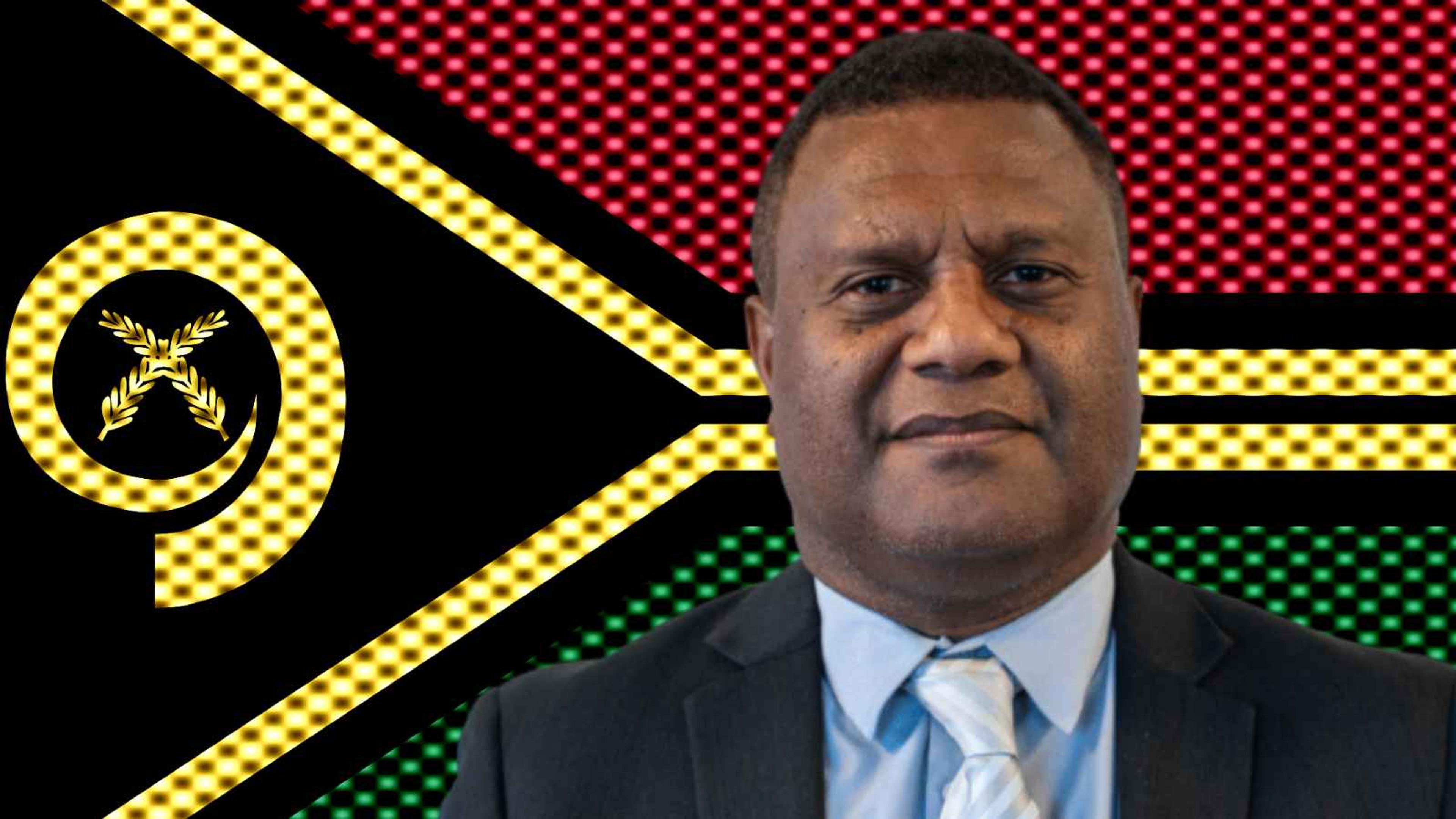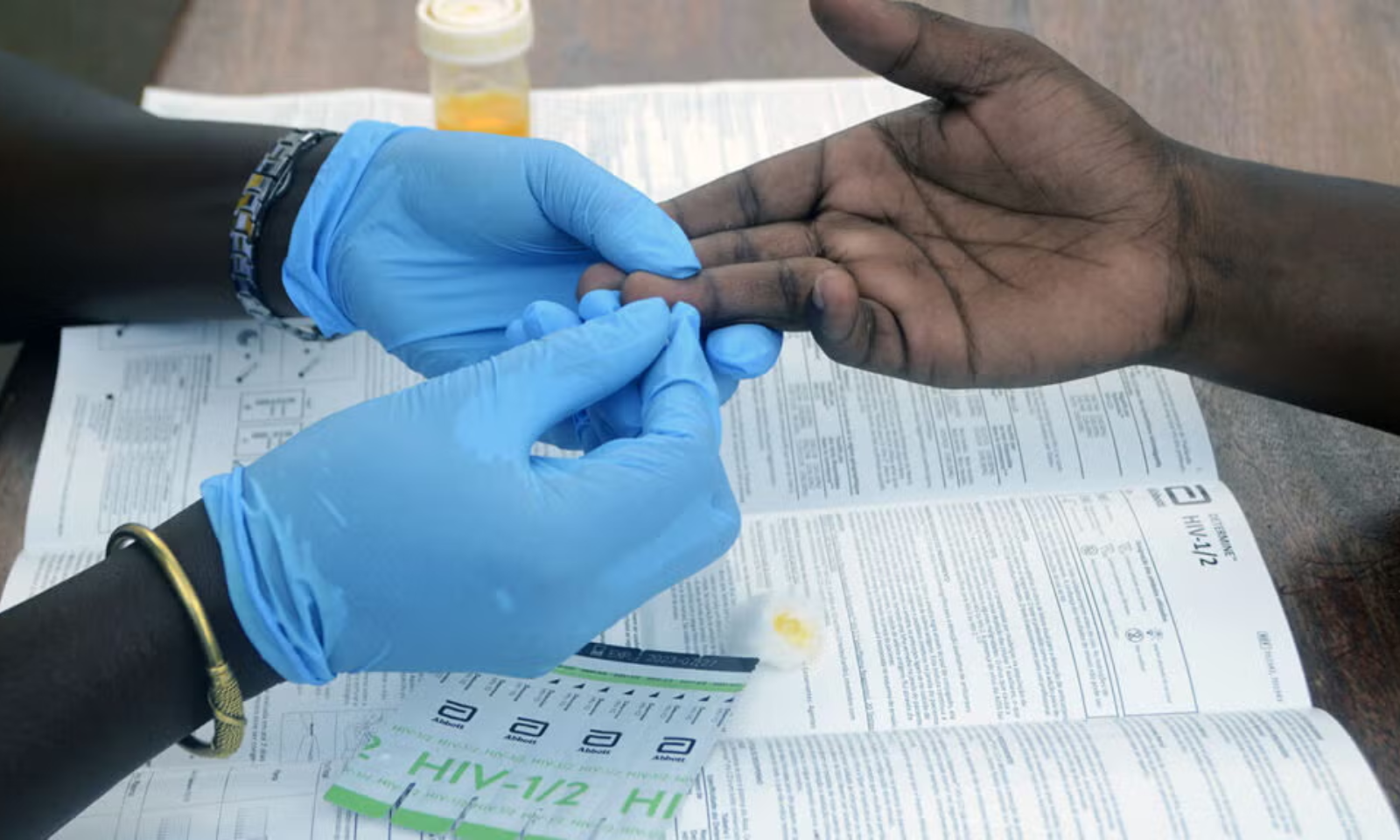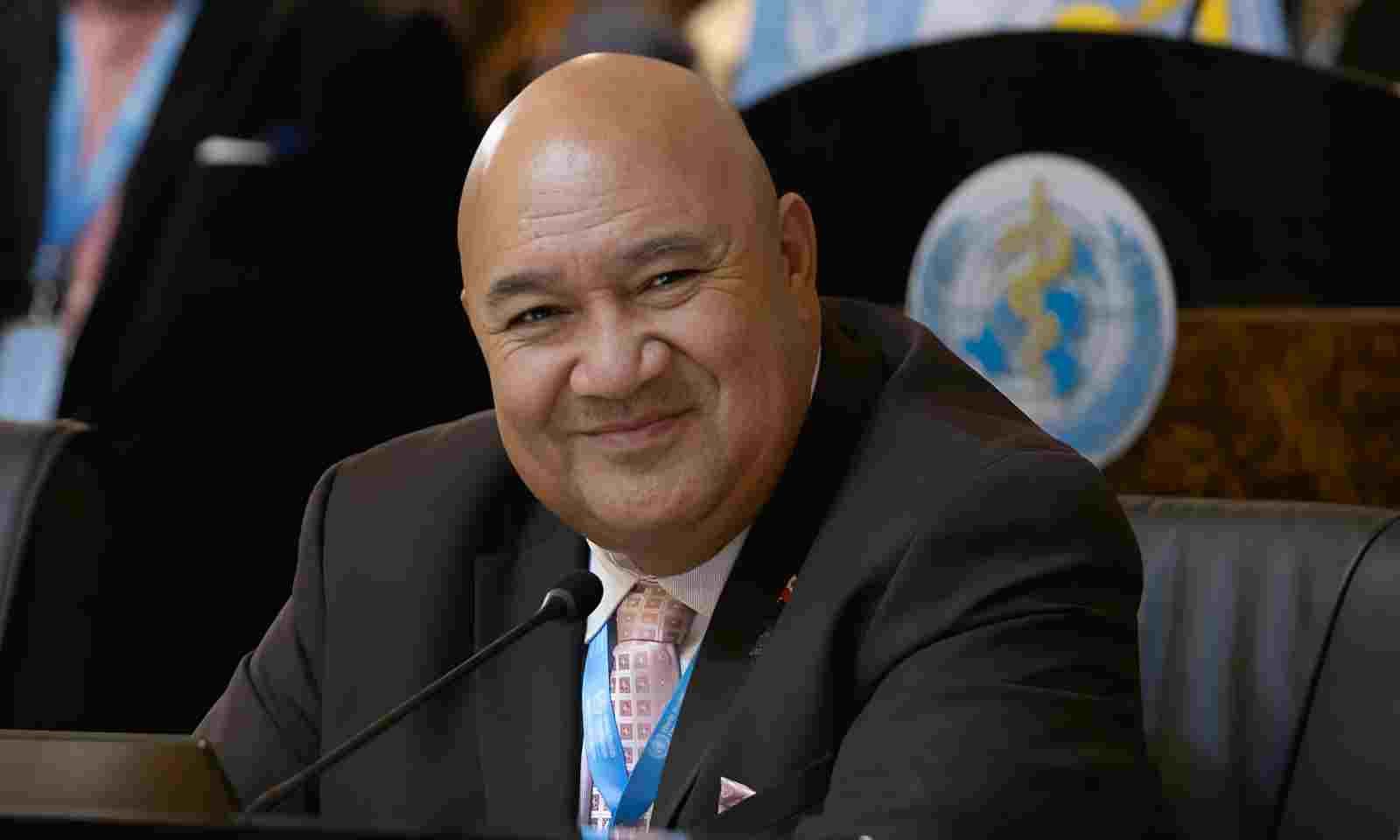

Health officials are concerned that the lack of easy HIV testing and shortages of vital medical supplies mean many cases go undiagnosed and untreated.
Photo/Fiji Ministry of Health and Medical Services
'Urgent action needed': Resurgence of HIV epidemic linked to rising drug use - WHO
Recent trends indicate a disturbing comeback of HIV/AIDS in parts of the Pacific, as the World Health Organization (WHO) prepares for its 76th Session in Fiji.



Pack your tissues: Free movies return with Tinā set for South Auckland


Blacklisting squeeze hits Vanuatu families and businesses, the regulator VFSC warns


Pack your tissues: Free movies return with Tinā set for South Auckland

Despite major progress over the years in fighting the Human Immunodeficiency Virus and Acquired Immunodeficiency Syndrome (HIV/AIDS), recent trends suggest a worrying resurgence of the epidemic in parts of the Western Pacific Region, the World Health Organization (WHO) says.
The latest development comes as health leaders and experts prepare to gather at a special event during the Seventy-sixth Session of the WHO Regional Committee for the Western Pacific (RCM76) in Fiji next week to address the growing link between HIV and drug use.
The RCM76 event will be held at the Sheraton Fiji Golf & Beach Resort in Nadi from 20 to 24 October 2025. It is titled "Responding to HIV and Substance Use in the Western Pacific Region" and will focus on the increasing number of HIV infections connected to rising drug use, including substances like amphetamines and the limited access to services that can help reduce harm.
Many countries in the region are seeing more new HIV cases, especially among high-risk groups like people who inject drugs. In 2023, the Pacific and Asia regions had between 6.1 million and 7.5 million people living with HIV, making it the second-largest epidemic in the world after sub-Saharan Africa.
Some countries, including Fiji and Papua New Guinea, are experiencing growing HIV epidemics with major increases in new infections. Fiji declared an HIV outbreak in January this year, with the number of people living with HIV more than doubling in the last year, reaching around 5900 cases by 2024, an 11-fold increase since 2014.
Fiji has the second-fastest growing HIV epidemic in the Asia-Pacific region behind Papua New Guinea (PNG), which has long had high HIV infection rates, reaching a record 6700 cases in the past year.
Health officials are concerned that the lack of easy HIV testing and shortages of vital medical supplies mean many cases go undiagnosed and untreated.
The situation is also impacting efforts to control tuberculosis (TB). In 2024, it was estimated that over 58,000 new TB cases in the region were connected to HIV infections, challenging the progress made in managing TB.
Dr Huong Thi Giang Tran, Director of Programmes for Disease Control at WHO Western Pacific, says stigma, criminalisation of drug use, and weak support systems for harm reduction are contributing to the resurgence.

The WHO is set to address the concerning link between rising drug use and increasing HIV infections, particularly among high-risk groups. Photo/Supplied
During the RCM76 event in Fiji, Tran will discuss the current situation and encourage political support for more inclusive and effective responses from governments, partners, and communities.
The RCM76 will also feature a panel discussion led by Dr Mark Jacobs, WHO Representative for the South Pacific, and include perspectives from representatives of Fiji, the Philippines, Vietnam, and community organisations.
Dr Saia Ma’u Piukala, Regional Director of the WHO Western Pacific, will kick off the session, while Dr Eamonn Murphy from the Joint United Nations Programme on HIV/AIDS (UNAIDS) will offer closing thoughts.
The panel will share successful strategies from across the region and look for ways to improve systems for preventing, monitoring, and caring for those affected by HIV and related issues.

Dr Saia Ma’u Piukala, Regional Director of the WHO Western Pacific, will kick off the Fiji session. Photo/WHO/File